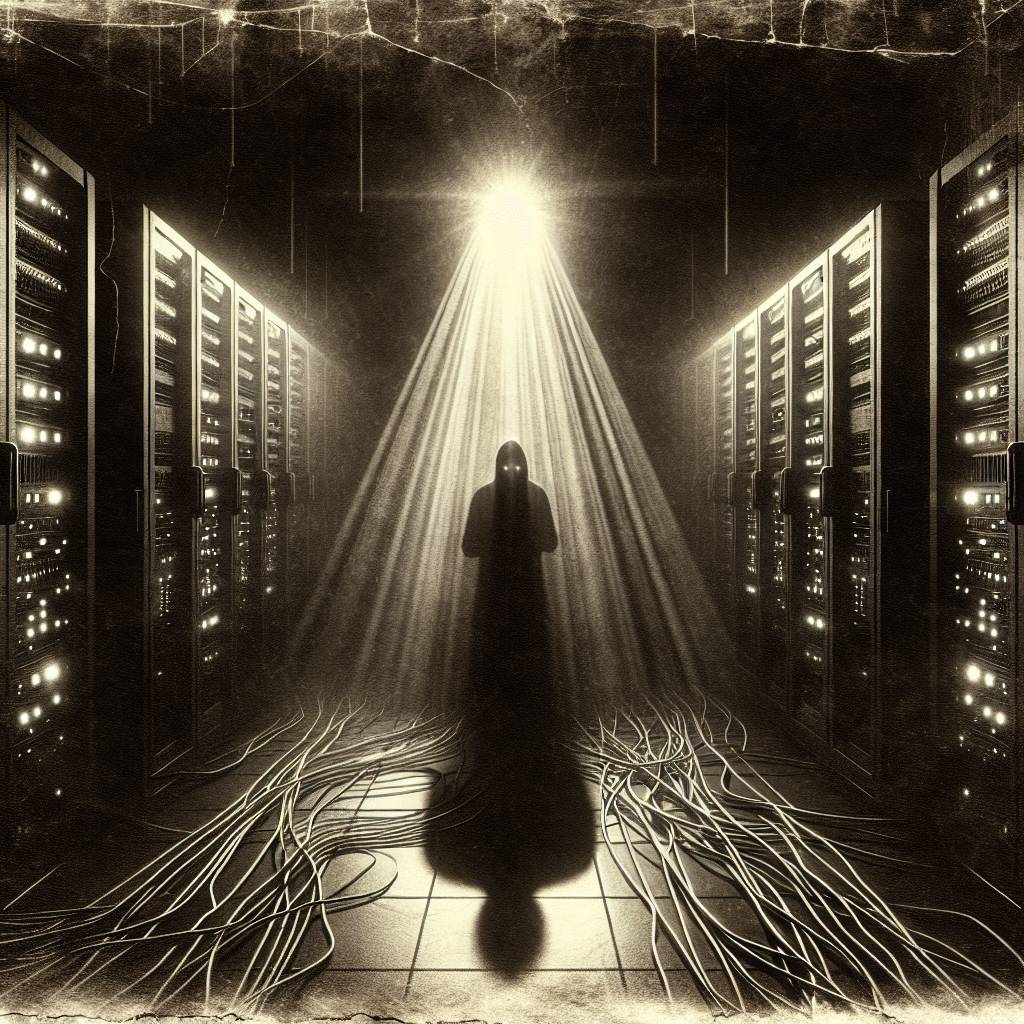OpenSSH on Windows: A Hacker’s New Playground or Just a Buggy Backdoor Blunder?
For system admins, Putty has been the trusty sidekick, but attackers have given it a villainous twist. Enter OpenSSH in Windows 10, now a default feature, yet it’s being exploited too! Beware the sneaky backdoor using ssh.exe; it’s like a spy thriller in your computer, minus the popcorn. Keep an eye out!

Hot Take:
Windows has been playing catch-up, but finally, they’ve decided to put the “win” in Windows by bundling OpenSSH. Yet, cybercriminals are always one command prompt ahead, trojanizing tools faster than you can say “scp.” The lesson? Sometimes, the best free gift is the one you leave uninstalled. Keep your eyes peeled for sneaky SSH shenanigans!
Key Points:
- Microsoft includes OpenSSH in Windows 10, making life easier for admins and attackers alike.
- Malware disguised as “dllhost.exe” tries to exploit SSH for backdoor access.
- The malware attempts to start or create an SSH service and leverage a configuration file.
- Attackers use invalid SSH configurations to mask activity, but poorly scripted attempts can fail.
- Monitoring OpenSSH on Windows is crucial due to its widespread deployment.
Already a member? Log in here
